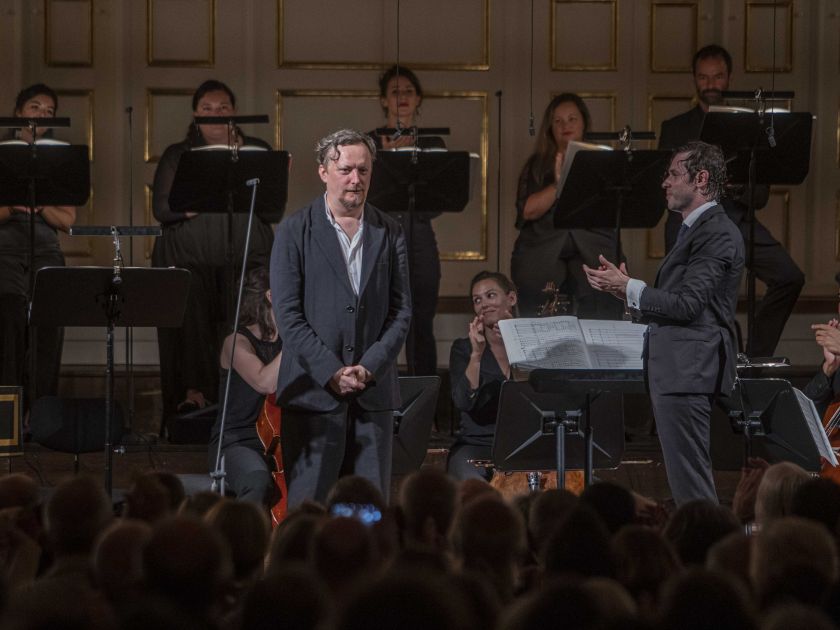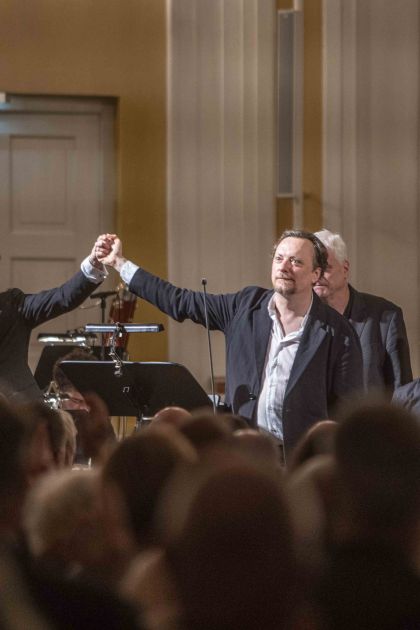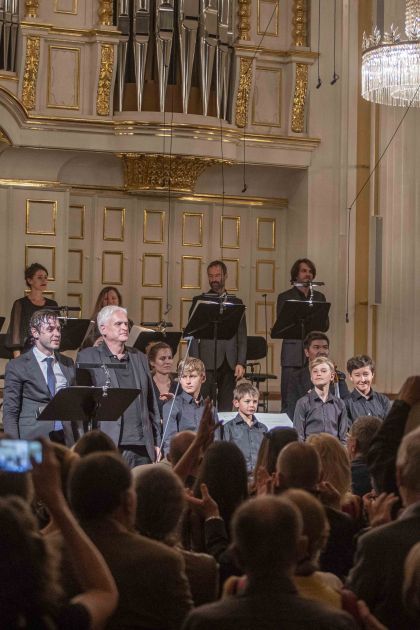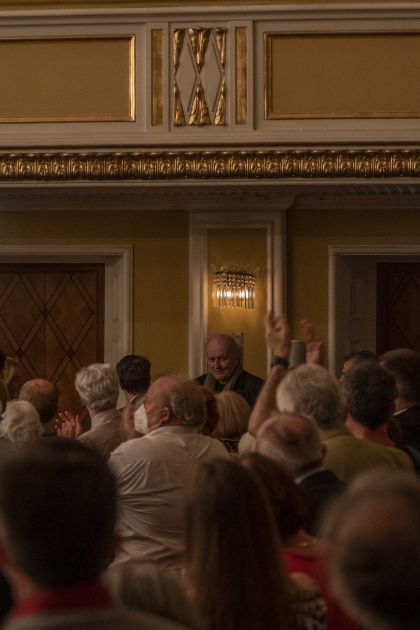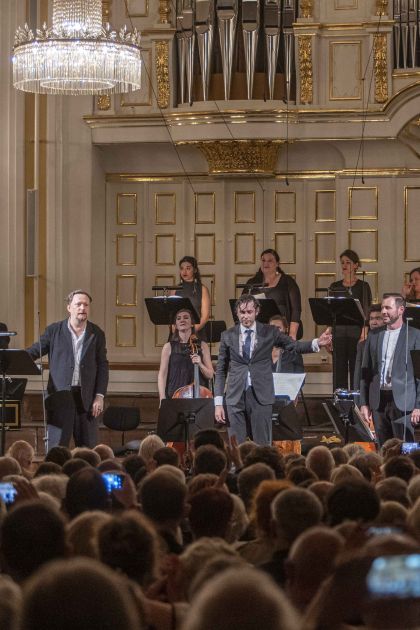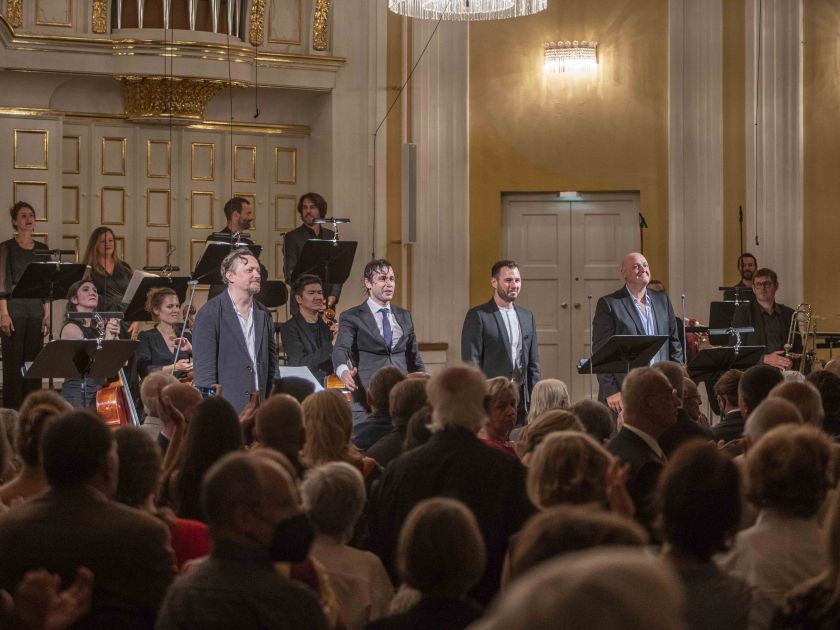‘From now on the sun is in mourning, from now on the day is dark!’
In 1792, on 4 June according to the Gregorian calendar, Jakob Michael Reinhold Lenz was found dead in a Moscow street aged 41. It is now believed that the brilliant Baltic German playwright, writer and translator of the Sturm und Drang movement, who was friends with Goethe until an unexplained estrangement, suffered from catatonic schizophrenia. Part of his medical history was recorded by the Lutheran pastor Johann Friedrich Oberlin during Lenz’s brief stay in the care of Oberlin and his wife in Alsace in 1778.
The densely layered chamber opera Jakob Lenz, composed in 1977/78 when Wolfgang Rihm was only 25, is based on the posthumously published novella fragment by Georg Büchner, which in turn drew from Oberlin’s journal entries. The work stands as a programmatic monument to the idea of the creative genius for whom art begets suffering and suffering begets art. Trapped in a rigid environment hostile to art, he breaks down.
‘For me, the musical stage’, says Rihm, ‘is a place where very magical and very human things take place. In Jakob Lenz, the human aspects often shift to magical ones, because the realism of a disturbed, self-rationalizing soul takes on surreal traits — or we are utterly unable to understand it except as not being real. A character like Jakob Lenz appears complex on stage simply due to the fact that he harbours many stages within himself, and the music has to represent these constantly present stages. I have tried to do this in the most direct way — by not neatly separating the musical layers, but keeping them constantly present until they are compelled to burst out, each in accord with its own dramaturgy. On balance, the overall form takes on features of a rondo performed in overlapping layers; a type of rondo relief, since perspectives of psychological proximity and distance are indeed formulated musically as atmospheric relations.
Above all, the thread on which Jakob Lenz hangs is a current flowing into the listener’s heart.’
Walter Weidringer
Translation: Sebastian Smallshaw

